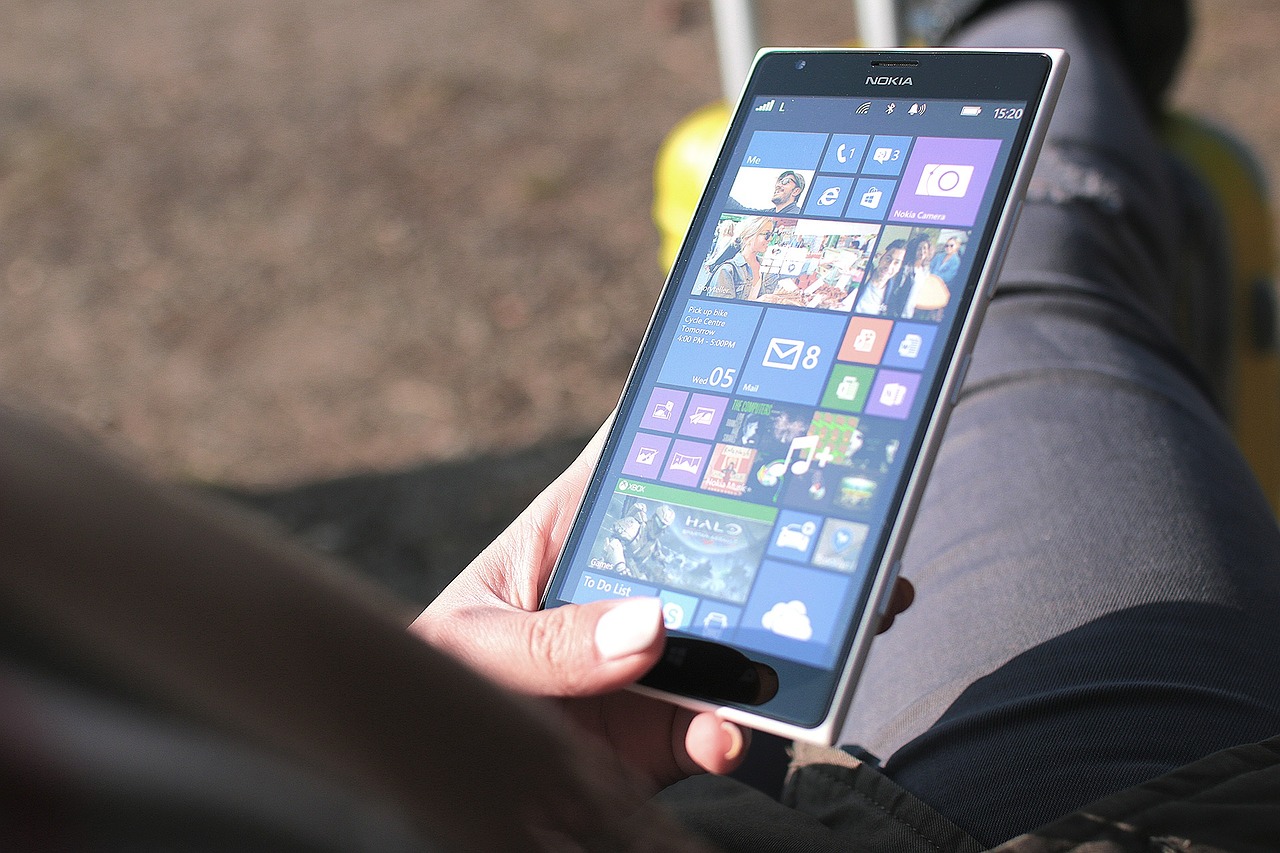 NEWS
NEWS
 NEWS
NEWS
 NEWS
NEWS
Microsoft has apparently decided to kill off a controversial project to create an emulator that would allow Android apps to run on Windows 10 mobile devices.
The initiative, called Project Astoria, was first announced by Microsoft in April, along with similar projects to bring iOS and Web-based applications to the Windows platform. However, the somewhat risky plan has been in doubt for a while, as Microsoft never released its promised tool, nor has it said much about its progress in public.
This weekend, Windows Central cited several unnamed sources as saying Project Astoria has been beset with problems and is unlikely to go ahead. It also got confirmation from Microsoft itself that the project has stalled:
“We’re committed to offering developers many options to bring their apps to the Windows Platform, including bridges available now for Web and iOS, and soon Win32. The Astoria bridge is not ready yet, but other tools offer great options for developers.”
The Android strategy was always a risky one because it does little to encourage developers to actually write apps for the Windows platform itself. The example of BlackBerry Ltd. serves to highlight the inherent risks with the strategy – the Candian smartphone maker came up with a way for Android apps to be sideloaded onto BlackBerry phones running its native OS via the Amazon app store, but users were generally unimpressed with the experience. Later, the company built the Priv, a true Android smartphone that eliminates BlackBerry’s app problem.
Even so, Microsoft is pressing ahead with its programs to port apps from other platforms to Windows. The other three app bridges, Islandwood (for iOS apps) Westminster (for Web apps) and Centennial (for classic Win32 apps), are all still on track, Windows Central reported. The iOS port will still ensure the opportunity for a large surge of mobile apps to Windows 10 Mobile, and Westminster’s ability to convert web apps to mobile apps is intriguing.
While the move might disappoint some Windows Phone users, the move is perhaps a blessing in disguise for Microsoft. The company has struggled to bring developers onboard its ecosystem until now, but with Windows 10 it’s possible to write “universal apps” that can run on Windows 10 PCs, tablets, smartphones and even Xbox consoles. Of course, much depends on if Microsoft can ever hit its goal of landing Windows 10 on a billion devices in the next three years – but if it does achieve it, the opportunity of hawking their apps to such a large audience might well prove too tempting for developers to ignore.
Support our open free content by sharing and engaging with our content and community.
Where Technology Leaders Connect, Share Intelligence & Create Opportunities
SiliconANGLE Media is a recognized leader in digital media innovation serving innovative audiences and brands, bringing together cutting-edge technology, influential content, strategic insights and real-time audience engagement. As the parent company of SiliconANGLE, theCUBE Network, theCUBE Research, CUBE365, theCUBE AI and theCUBE SuperStudios — such as those established in Silicon Valley and the New York Stock Exchange (NYSE) — SiliconANGLE Media operates at the intersection of media, technology, and AI. .
Founded by tech visionaries John Furrier and Dave Vellante, SiliconANGLE Media has built a powerful ecosystem of industry-leading digital media brands, with a reach of 15+ million elite tech professionals. The company’s new, proprietary theCUBE AI Video cloud is breaking ground in audience interaction, leveraging theCUBEai.com neural network to help technology companies make data-driven decisions and stay at the forefront of industry conversations.